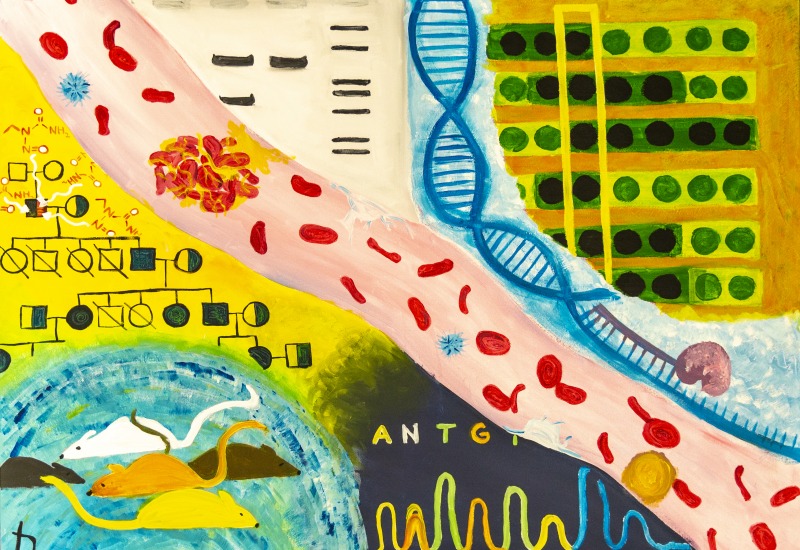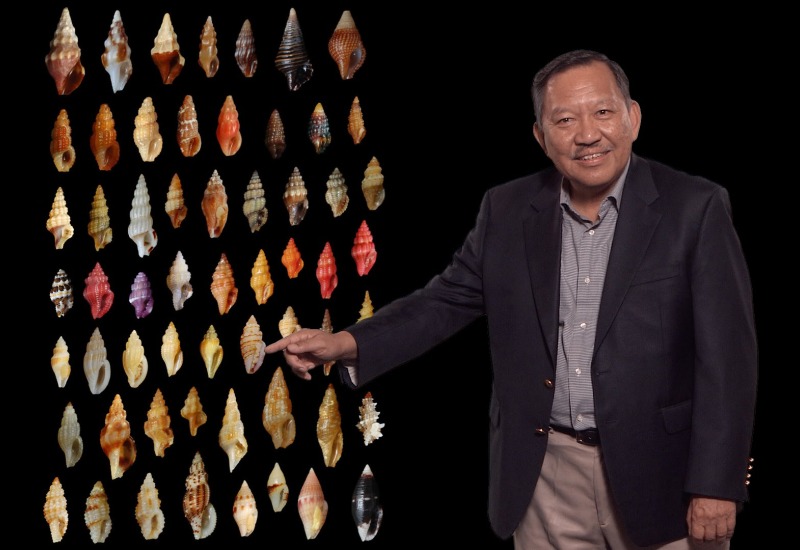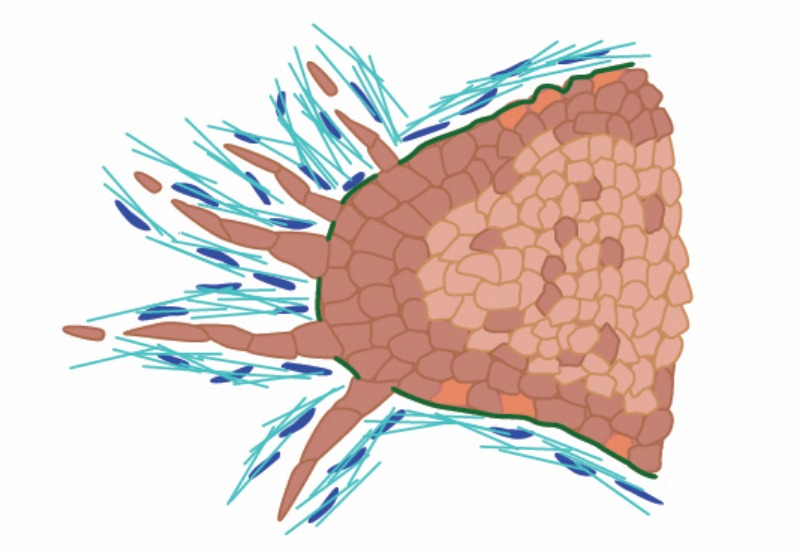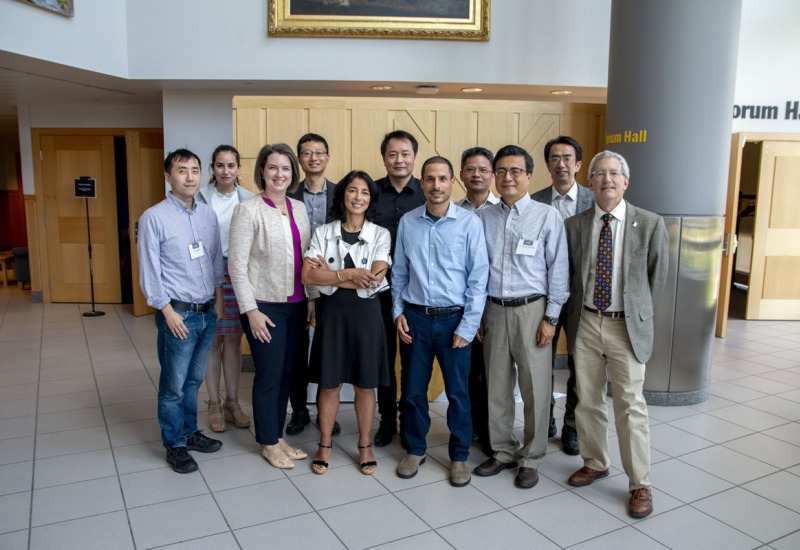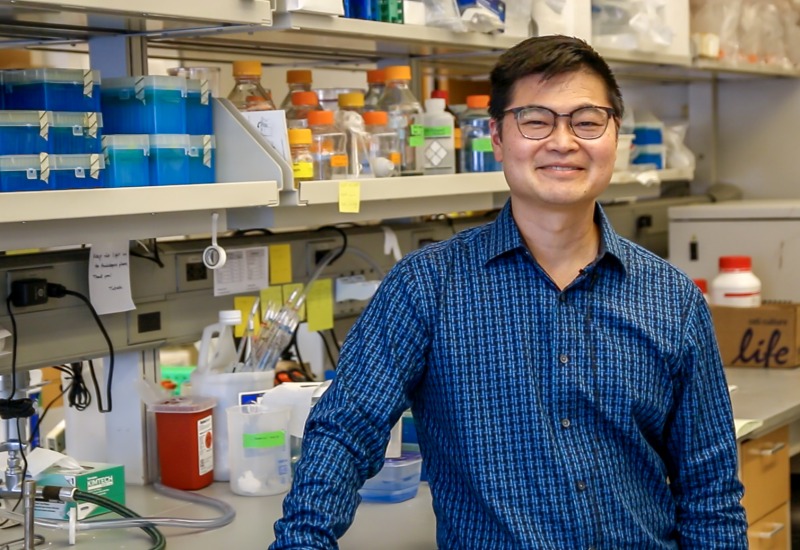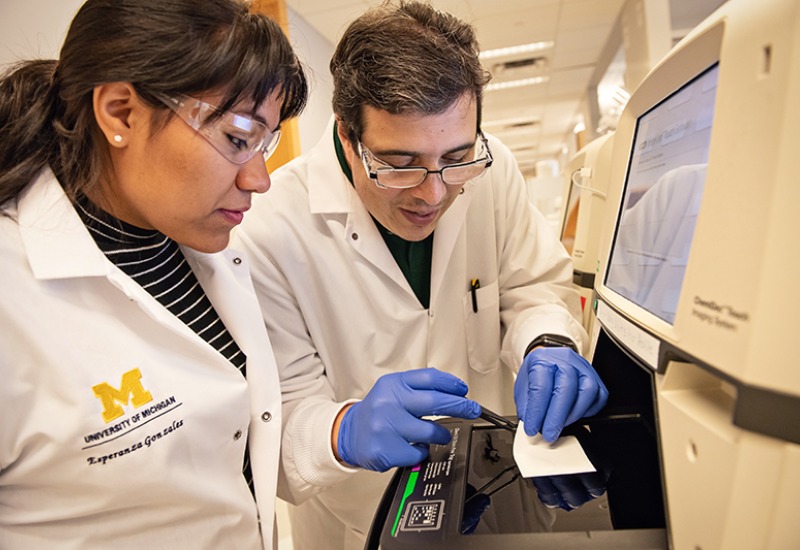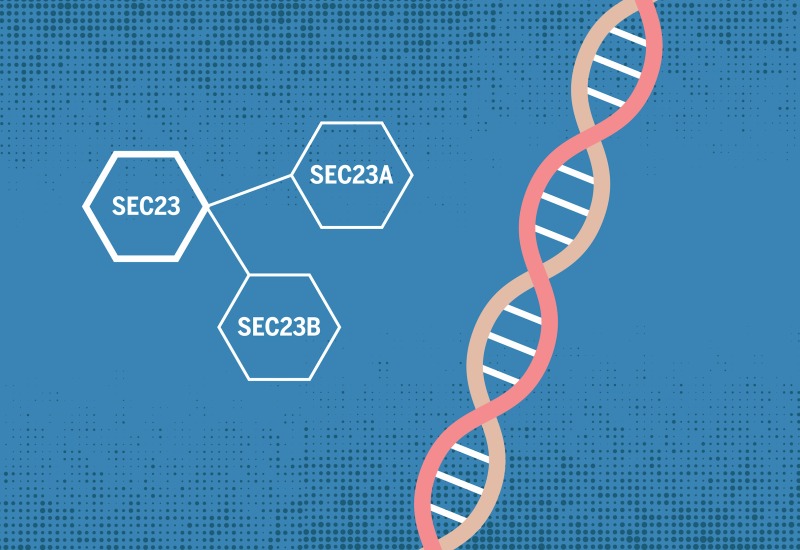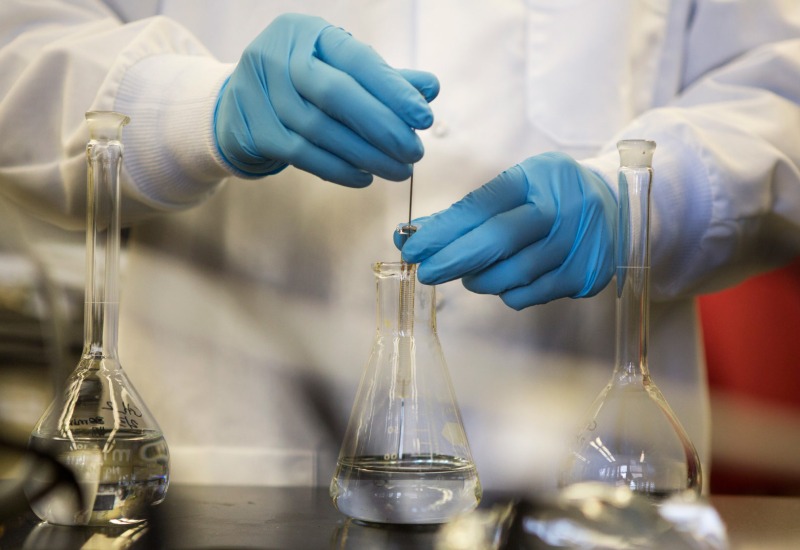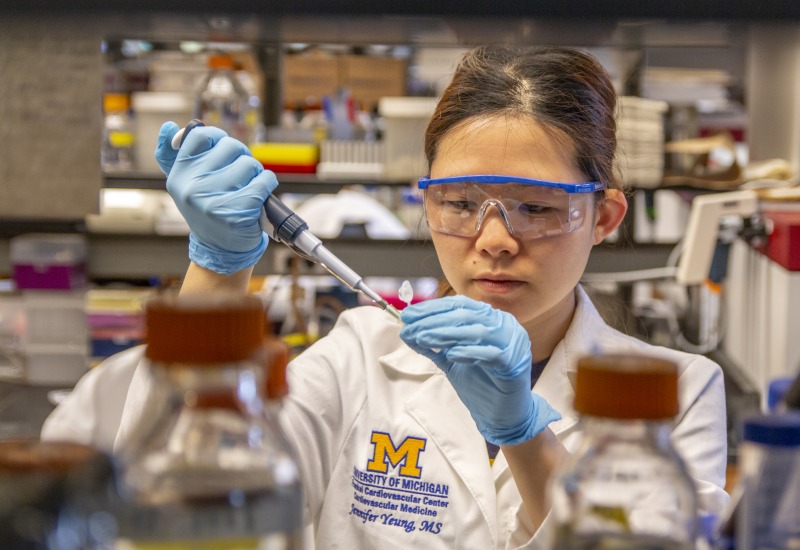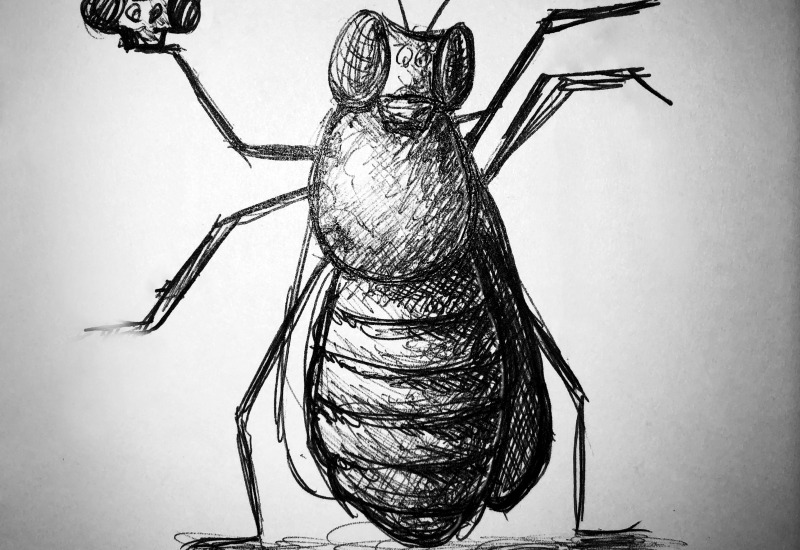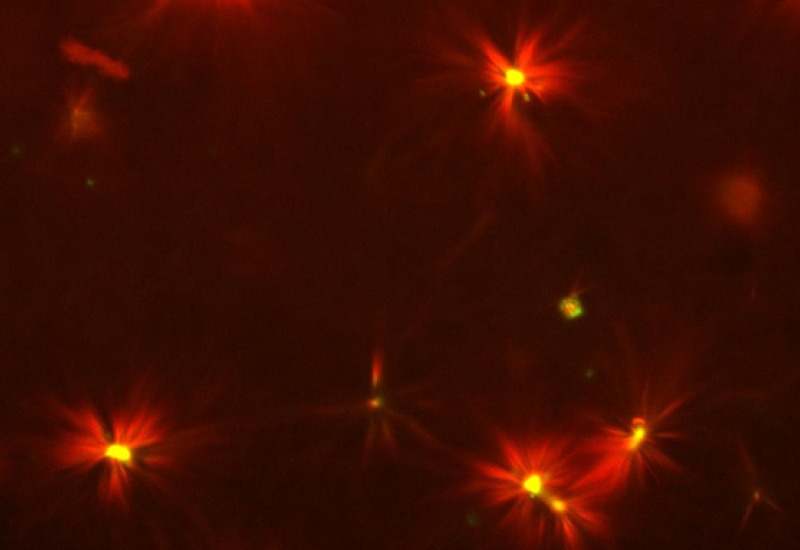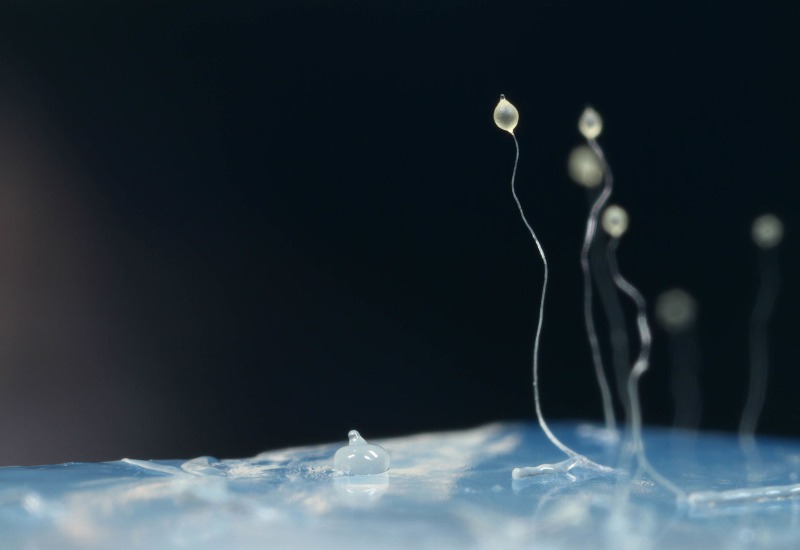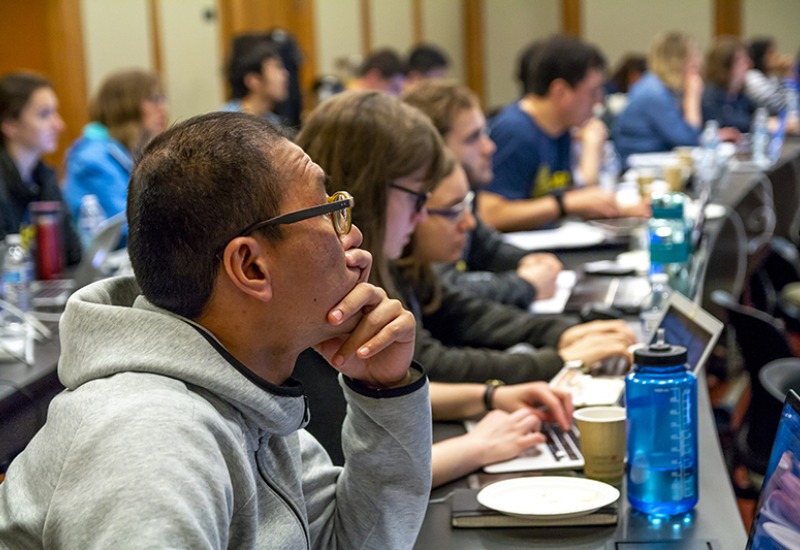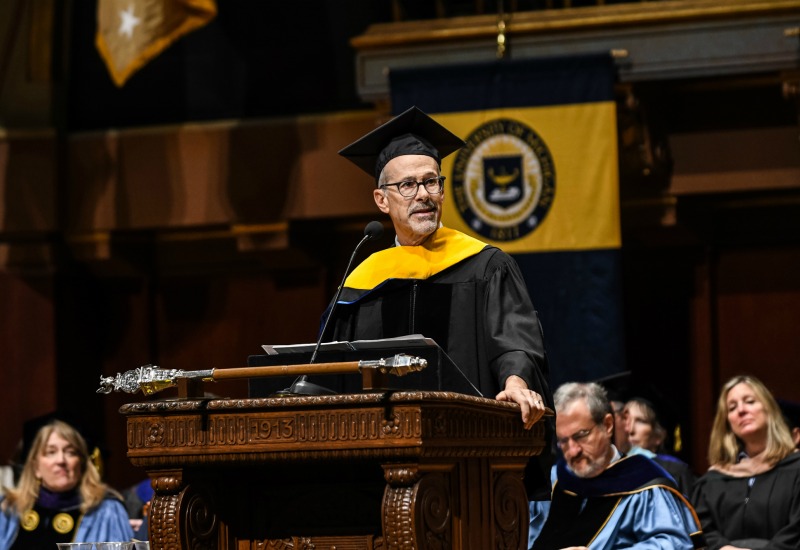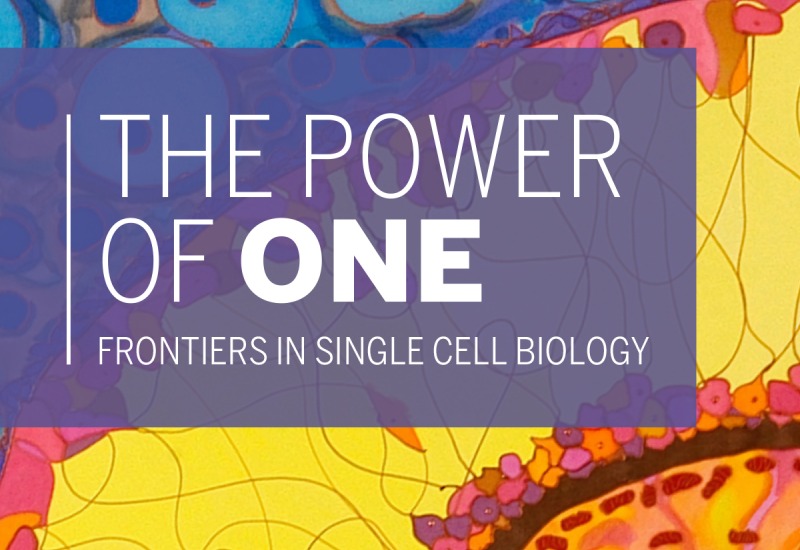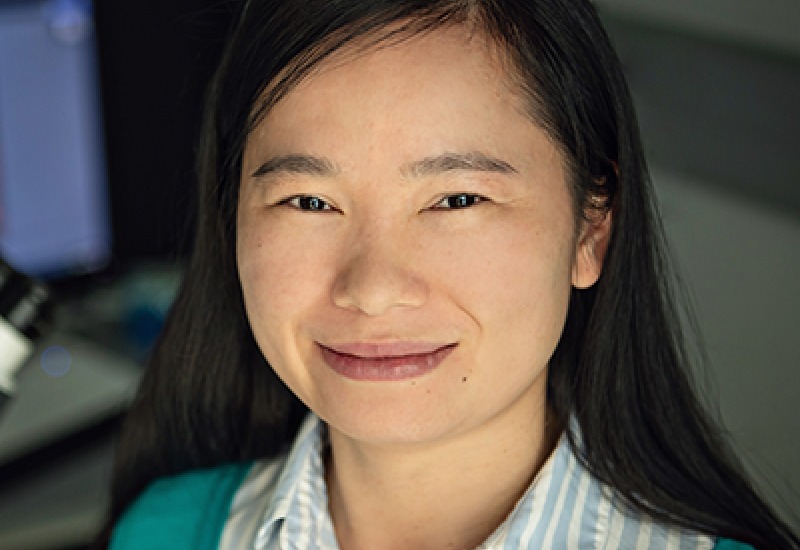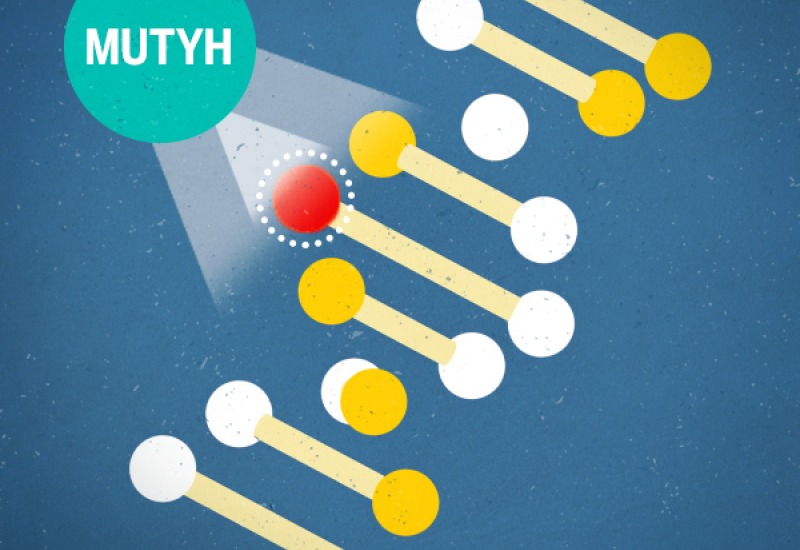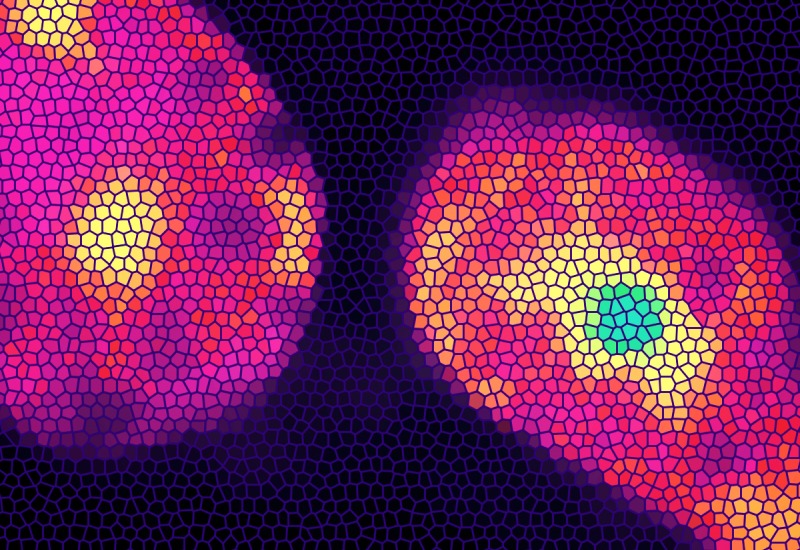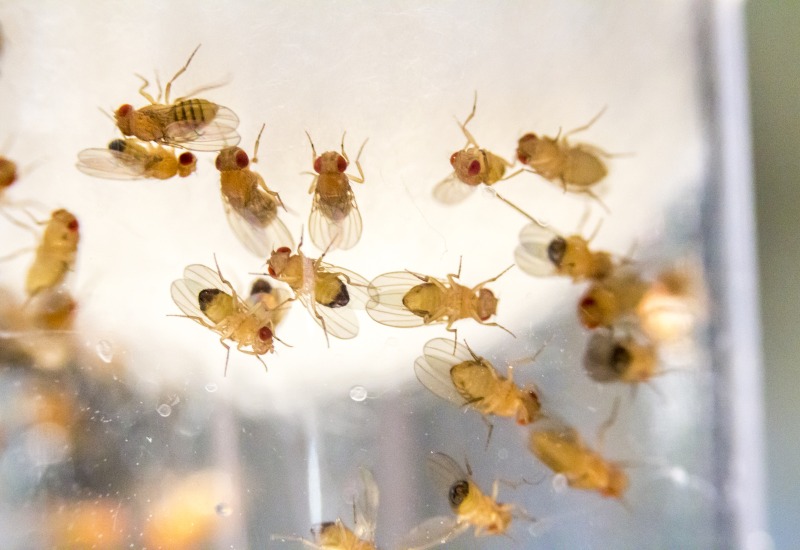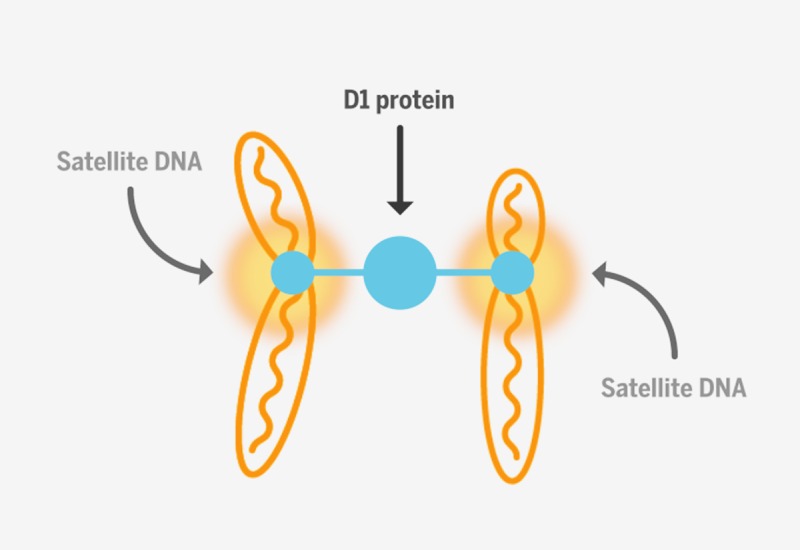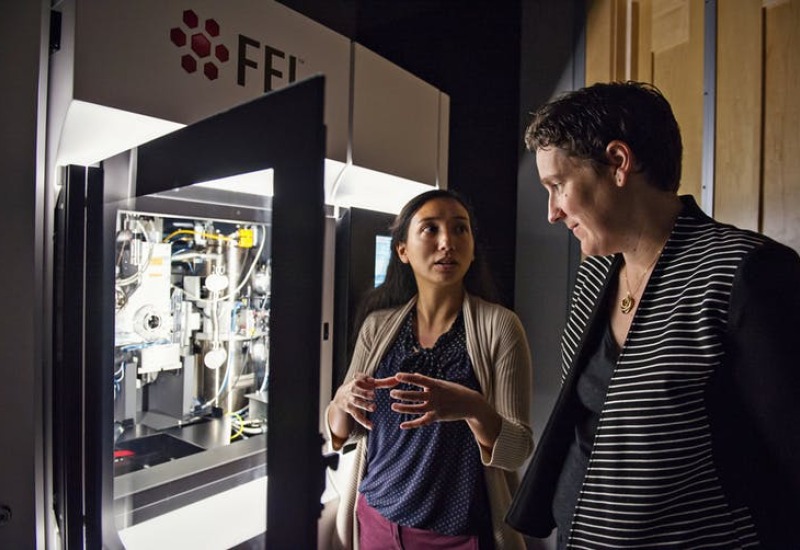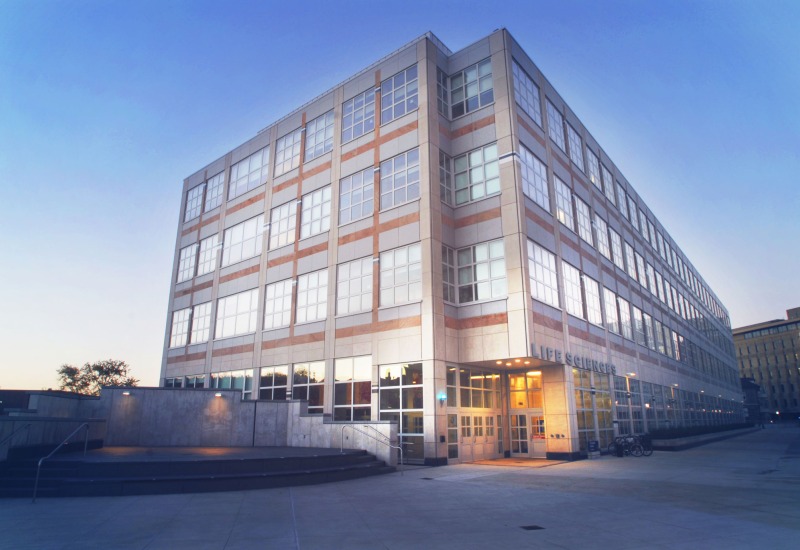Acrylic genetics: When scientific research becomes a work of art
When Kärt Tomberg joined the Ginsburg lab at the LSI, she planned to identify the genetic factors that play a role in a fatal blood clotting disease. Now, the culmination of that project is featured in the September 2018 issue of PLOS Genetics, not just as a research study, but as art.
The unconventional wisdom of Baldomero Olivera
Not every molecular biologist would think to look in cone snail venom for potential therapeutics. But a long-held interest in his surrounding biological environment — and a habit of making unconventional choices — led Baldomero “Toto” Olivera to do just that.
Cancer cells borrow healthy cells’ tools for moving around, but not in the way scientists expected
Cancer cells and healthy cells both employ the same set of molecular “scissors” to travel through tissues within the body — but they do so using very different processes, according to new findings from the University of Michigan.
LSI symposium brings leading experts together to explore 'The Power of One’
Recently, scientific leaders in the single-cell field gathered at the University of Michigan for the 2018 Saltiel Life Sciences Symposium, to discuss how their labs are developing and harnessing new technologies to answer questions about cellular identity and to highlight the immense power of single cell analyses.
Video: Investigating microtubules and motor proteins
Puck Ohi, Ph.D., describes his lab’s work to understand how motor proteins organize microtubules within the cell, and how those proteins processes could be used to stop cell division in cancer.
Summer science internship offers opportunities for Michigan high school students
The U-M Life Sciences Institute has launched the Aspirnaut Summer Research Internship Program, a six-week, immersive program providing students with hands-on research experience in state-of-the-art labs.
Sending one gene to pinch hit for its twin may offer possible treatment for a type of congenital anemia
A team of U-M researchers has found that two paralog genes — which can lead to two very different diseases — are functionally nearly identical. The findings indicate that one gene could be harnessed to help treat the disease associated with the other.
Receptor protein in the brain controls the body’s fat ‘rheostat’
Scientists revealed that a receptor protein in the brain acts as the body’s “energy rheostat,” ensuring that the balance of energy and fat does not drift too far above or below its homeostatic set point. The findings open new doors for developing anti-obesity drugs.
U-M faculty team up to accelerate the response to biothreats
With funding from the U-M College of Engineering's Blue Sky Initiative, a team of researchers is setting out to streamline the process for developing the next generation of antimicrobials.
Researchers uncover potential new role of long-noncoding RNA in obesity and fatty liver disease
Scientists uncover a potential new role for long noncoding RNA in obesity and non-alcoholic fatty liver disease.
Meet the first Michigan Life Sciences Fellows: Program offers mentorship, resources to help launch independent careers
Meet the new MLSF fellows, who are investigating important biological questions related to multiple sclerosis, triple-negative breast cancer, and how complex living architectures form.
A ‘timeless’ tradition: How fly genes get their names
When scientists discover a new phenomenon, they often get to name it. For researchers who study the model system Drosophila melanogaster, or fruit flies, that means participating in a long tradition that is a hallmark of the field’s culture.
Written in the ‘stars’: scientists offer new model of vital cellular process
Researchers shed new light on a fundamental cellular process — the formation of asters, star-shaped microtubule structures within cells that help cells to divide properly.
Sending out a cellular SOS: How cells signal that it's time to migrate
New research reveals the mechanism that one model organism uses to signal to neighboring cells when it’s time to move.
Scientists get hands-on experience with cryo-EM data tools at U-M workshop
Thirty-five academic and industry scientists from across the country got hands-on experience with the latest cryo-electron microscopy image processing tools at a recent workshop led by the LSI.
‘The epitome of why it’s exciting to be a scientist’: A conversation with David Walt
David Walt, Ph.D., sat down with LSI Director Roger Cone to discuss emerging trends in the life sciences, the importance of broadening access to scientific research opportunities and his advice for aspiring scientists
Life Sciences Symposium explores the broad power of single cell biology
the LSI’s annual Saltiel Life Sciences Symposium will bring pioneers in the field of single cell biology to the University of Michigan to discuss the scientific advances driving the field forward.
New LSI faculty member is shedding light on how neurons function
The LSI's newest faculty member will use her protein engineering prowess to develop tools that can advance research across the fields of neuroscience and cell biology.
Mutation that disrupts DNA’s electrical signaling linked to colon cancer
Research collaboration reveals how a mutation in the MUTYH protein prevents it from doing its job repairing damaged DNA — and our DNA can function like an electrical wire, conveying important signals.
Unpacking ‘nature’s chemical toolbox’: U-M research sheds light on rare transformation
Scientists have determined how microscopic marine bacteria build a chemical compound that has important biological activity — using a chemical transformation rarely seen outside of the lab.
Receptor proteins that respond to nicotine may help fat cells burn energy, researchers find
The same proteins that moderate nicotine dependence in the brain may be involved in regulating metabolism.
LSI faculty member Bing Ye receives Klatskin-Sutker Discovery Fund award to study Down syndrome
Researchers at the LSI are creating a legion of fruit flies to advance our understanding of Down syndrome, thanks to funding from the Klatskin-Sutker Discovery Fund.
Scientists discover a role for ‘junk’ DNA
Researchers have determined that so-called 'junk DNA' plays a crucial role in holding the genome together.
LSI to lead four-day cryo-EM workshop
The LSI will lead a four-day cryo-electron microscopy workshop in June to introduce participants to common image processing software packages.
Follow the LSI on LinkedIn
Follow the LSI on LinkedIn to stay up-to-date with news and network with current and former members of the LSI community.



